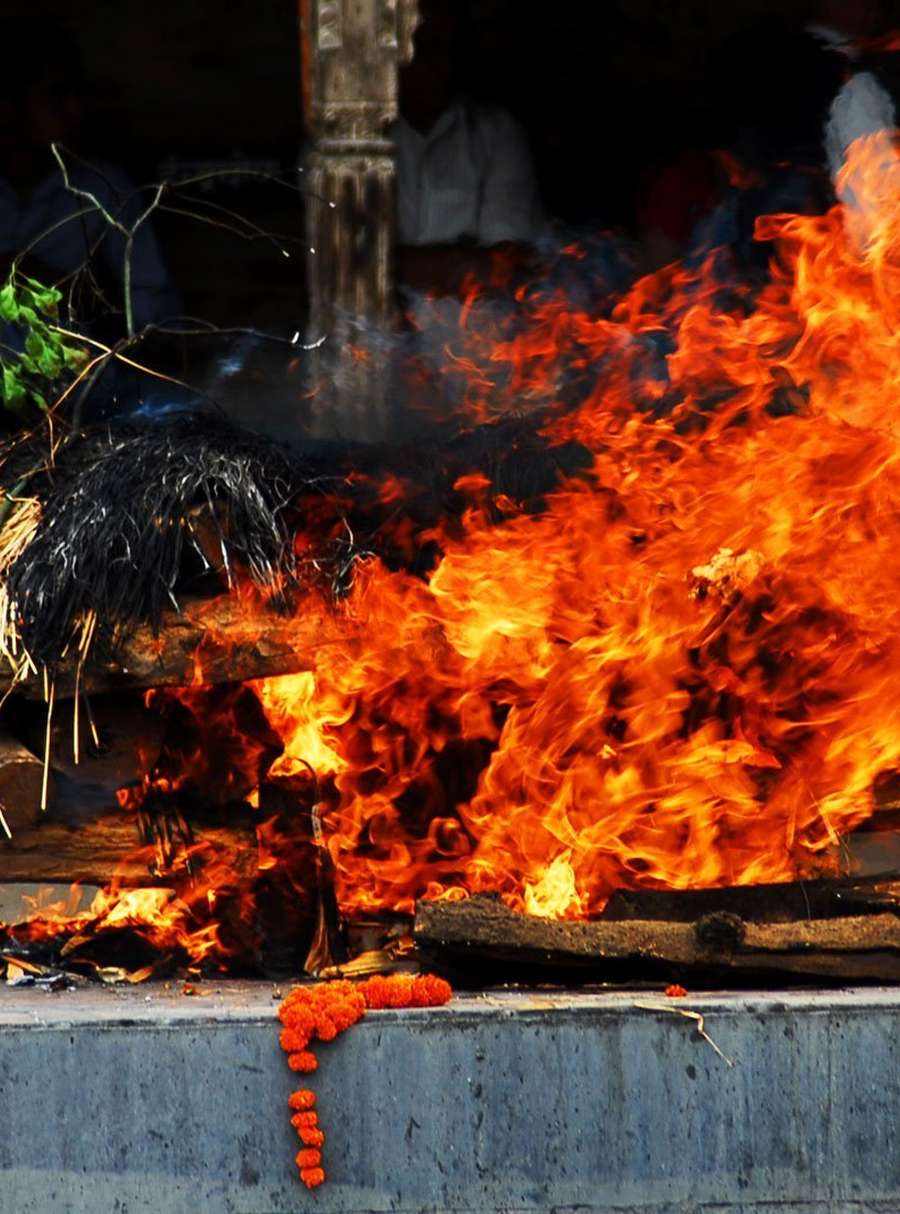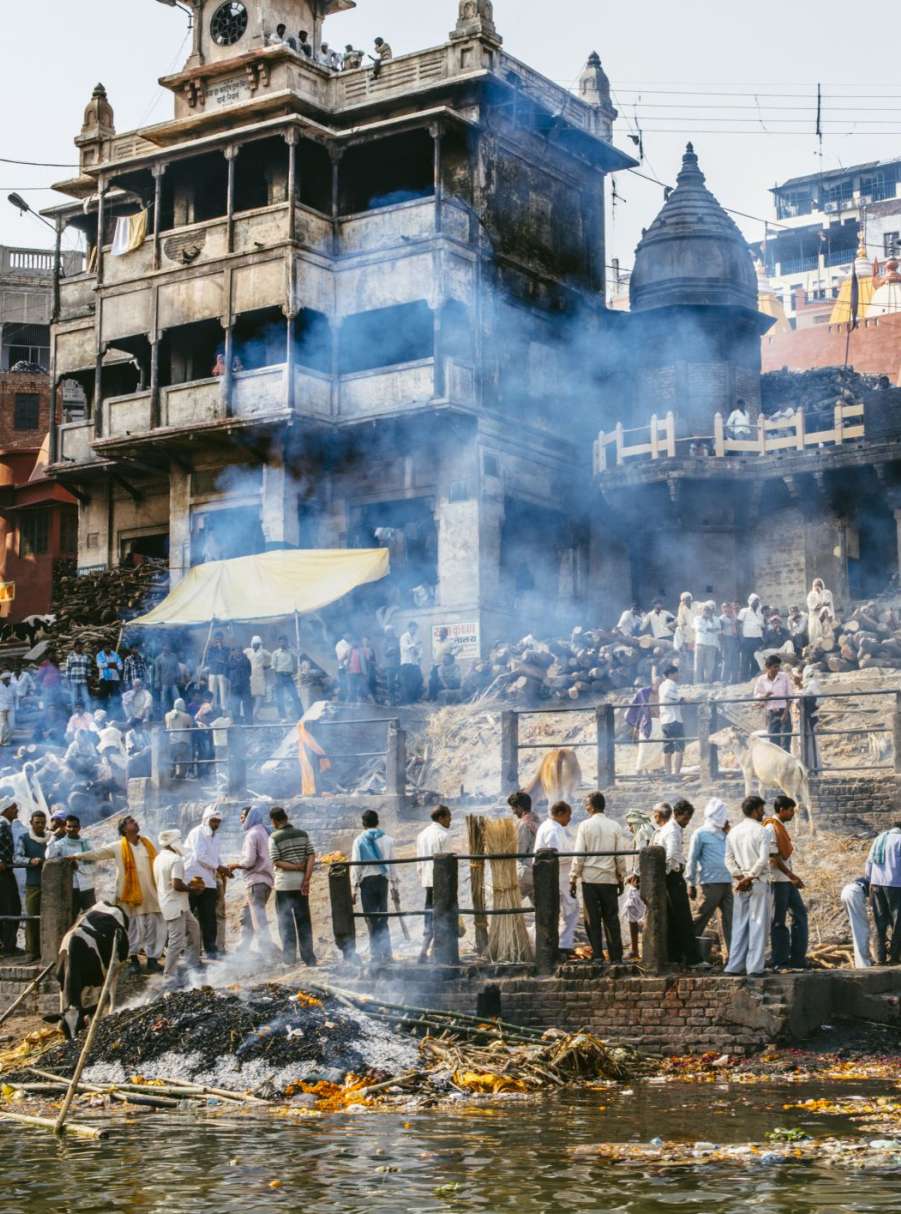

Anteshthi Sanskar
Do The Last Rituals For Your Loved Ones
Antyeshti is the last Sanskar according to Hinduism. According to the Dharamshastras, it is believed that the unfulfilled desires of the deceased get pacified when the last rites are performed duly without any omission.
The importance of this Sanskar is mentioned in ‘Bodhayan Pitru Medha Sutra’. It says:
“तस्यान्मातरं पितरमाचार्य पत्नीं पुत्रं शि यमन्तेवासिनं पितृव्यं मातुलं
सगोत्रमसगोत्रं वा दायमुपयच्छेद्दहनं संस्कारेण संस्कृर्वन्ति।।”
which means that when your relatives and acquaintances die, you should cremate the dead body by duly observing all the rites and rituals.
When to Perform Anteshthi Sanskar?
The Antim Sanskar ceremony is a very important part of the cremation. And it has performed on the third day after cremation, which is the 13th day of the death ceremony.
Duration
The Antim Sanskar lasts for about half an hour it includes songs and prayers by members of your family who attended your funeral service.
Required Pooja Samagri
- Camphor
- Ghee Lamp
- Incense Sticks
- Tilak Materials
- Coconut
- Flowers
- Sacred Water
- Holy Basil Leaves
- Mala
- Bhasma
- White Cloth
- Pinda
Notes
Other requirements include Ganga Jal, Havan Samagri, Shankha, Red Thread, Durba Grass, Bowls, Plates.
Benefits of Puja
Antyeshti Sanskar is believed to aid the departed soul.
The rituals and prayers are intended to guide the soul on its journey.
The rituals involved in Antyeshti Sanskar are believed to purify the body and the soul.
Conducting proper funeral rites is a gesture of respect and love for the departed.
Antyeshti Sanskar is considered the final sacrament in the life.
Performing Antyeshti Sanskar, individuals contribute to the continuity of cultural practices.
